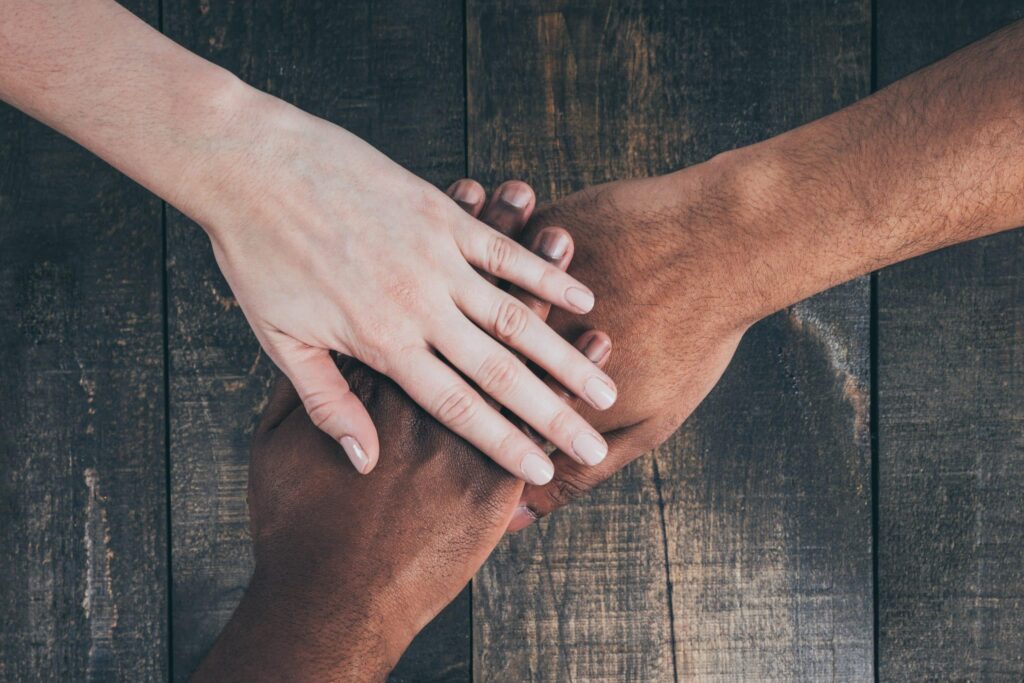After every mass shooting, I cry. I cry because I know violence can be prevented. I cry because few public conversations have anything to do with addressing the root causes of violence – how we prevent someone from ever wanting to use a gun or a weapon for criminal reasons. I cry because I know the recovery process for survivors is never-ending.
Then the line from the U2 Song 40 “How long to sing this song?” repeats like a washing machine on the spin cycle in my head.
When we study the events and circumstances leading up to school shootings, we repeatedly find the same patterns. People knew something was wrong with the person prior to their attack, but they did not know who to tell, how to tell them, or how to intervene. In these retrospective studies, we find many missed opportunities to address the warning signs in the shooter. At Parkland, there were 69 missed opportunities. At Arapahoe High School in Colorado, our research team counted 27.
I am heartbroken that we continue to miss these opportunities. But I can’t stay sad, because I know the knowledge exists for solutions to prevent violence. I find peace knowing I will spend the rest of my life getting the word out about these solutions.
But that isn’t what I am writing about now. I will save that for when the world is finished with this pandemic. Right now, we must not miss this opportunity to intervene.
In my 25 years working on preventing violence, I have paid close attention to how prevention messages are delivered. Often the most powerful calls for action come from the lessons learned from the survivors.
This past January, I visited the Tsunami Museum in Banda Aceh, Indonesia, where over 100,000 people died the morning of December 26, 2004. What I learned on that tour has critical implications for us now.
We read about ancient manuscripts that included information about earthquakes and tsunamis. These writings were intended to alert people in the future. In the past, when tsunamis occurred in Banda Aceh, many survived because of this ancient wisdom told across generations. But Banda Aceh had been in conflict and war for many centuries, diverting attention from disaster awareness, and disaster preparedness was forgotten.
A different scenario played out in Langi, an Indonesian city also completely destroyed by the tsunami. Langi had experienced a tsunami in 1907 and survivors shared the lessons learned from that experience. Thus, when the tsunami hit in 2004, Langi Residents knew to go to higher ground. All the residents in Langi survived with only 8 minutes between when the earthquake struck and the tsunami hit.
Recently, I listened to a recorded talk given by the late Jeremy Richman at the 2017 Peace of Mind Storytellers conference. Jeremy lost his six year old daughter Avielle in the Sandy Hook school shooting. He and his wife Jennifer formed The Avielle Foundation focused on preventing violence and building compassion through neuroscience research and community engagement.
Jeremy explained, “When we would tell our story, people would come up to us and say they can’t imagine what it would be like to lose a child that way.”
His response, “You already are imagining it.”
Jeremy’s point is an important one. Because when we can imagine things, we can act to change them. And that is critical to prevention whether it is violence, tsunami response, or a global pandemic.
Even if this pandemic doesn’t seem real to us right now, we can and need to heed Jeremy’s advice and use our imagination and the lessons learned from survivors to make it real.
Scientists are telling us that the earthquake has happened but the tsunami hasn’t hit us yet in the United States. They are telling us to get to higher ground now.
We must listen.
It will require disruption and sacrifice. There are economic and social costs. But there is clear direction from lead scientists and lessons learned from other countries on what we can do to prevent the devastation caused by the spread of the virus.
We can choose social distancing, self-quarantining and to wear a mask even when we don’t feel sick. We can make sure everyone has access to the supplies they need and understands the practices necessary to keep themselves and their families from spreading the virus. We can make sure our policies provide paid sick leave without requiring a doctor’s note and flexibility to work from home.
These efforts will not be easy. We can choose to pay now or later. But we will pay. When we pay later, the price is much higher.
If we do this successfully, the results will be boring. There won’t be a crisis or breaking news. But there will be a new model of collective action that we can use to address violence and other seemingly intractable social issues. And we can together sing a new song.
Beverly Kingston is the director of the Institute of Behavioral Science’s Center for the Study and Prevention of Violence at the University of Colorado Boulder.

